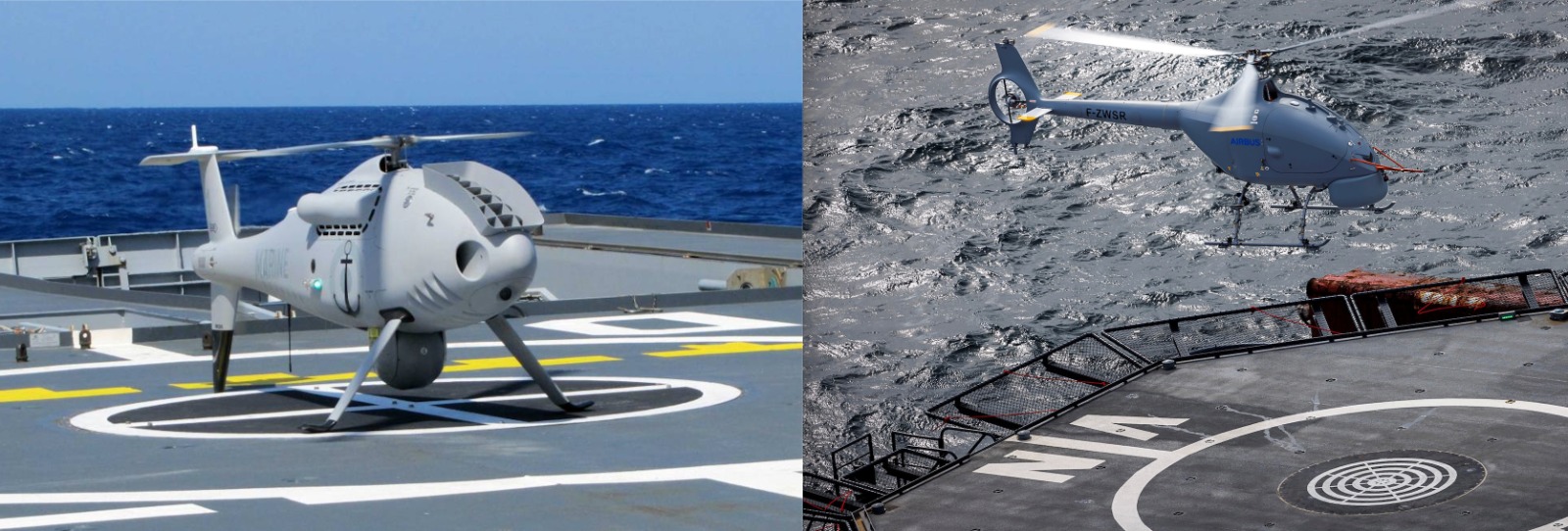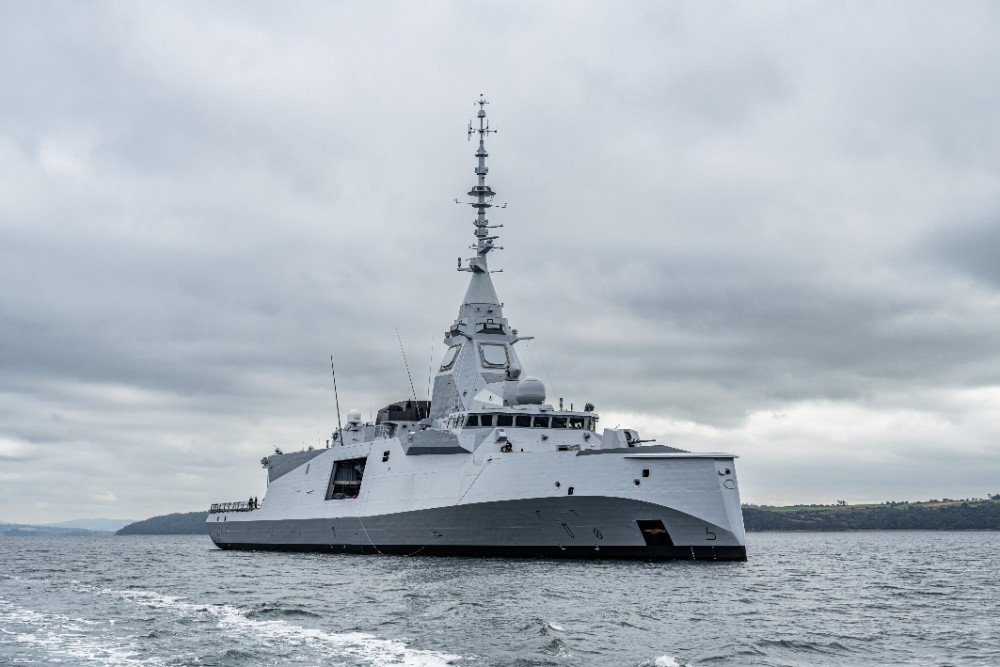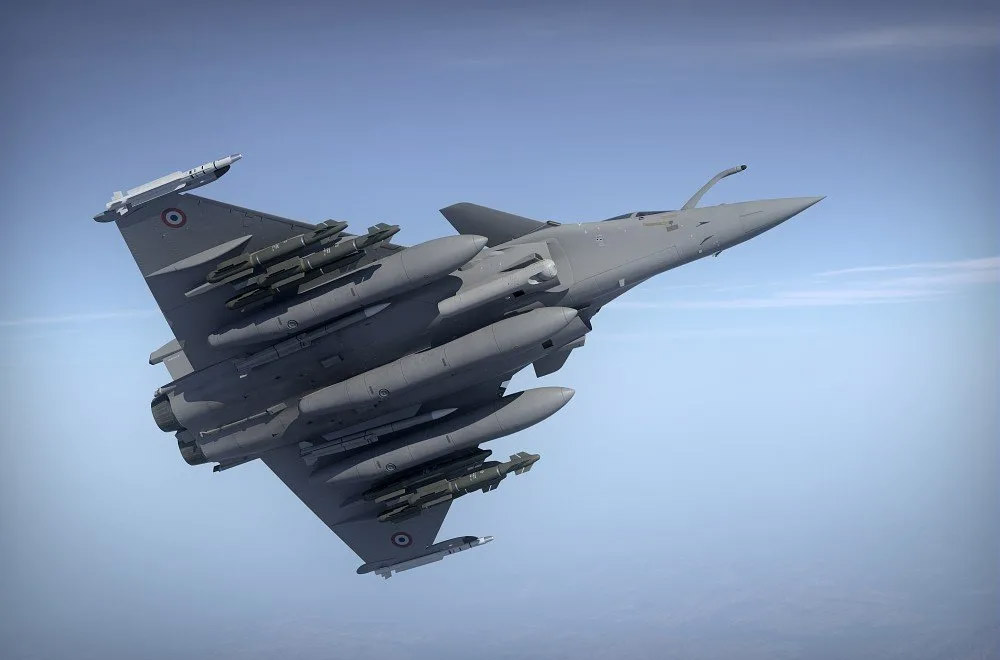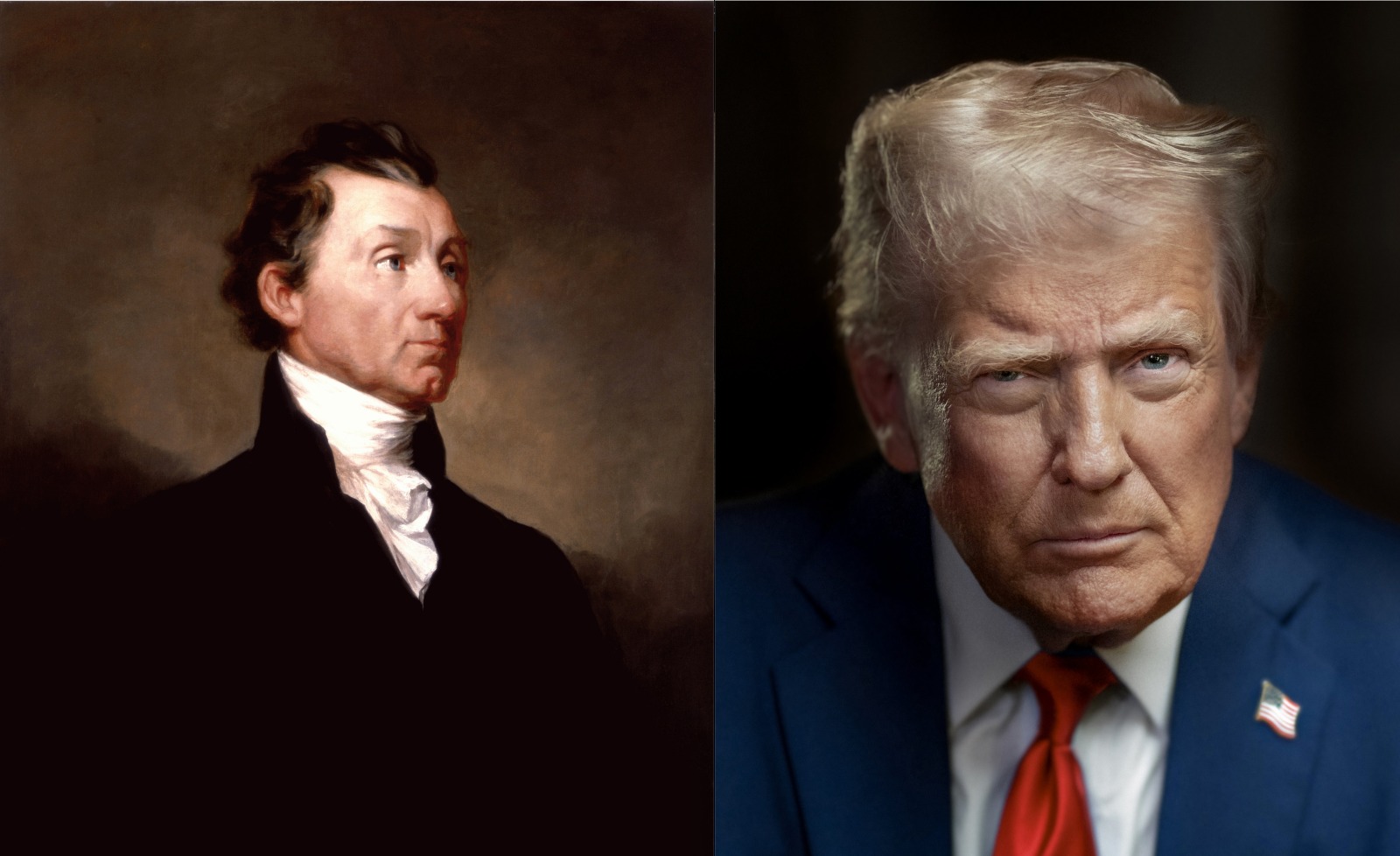Text of a speech given by Senator Hubert Haenel at the meeting at Portcullis House (25-26 April 2006) to discuss the future of WEU. The author argues for a link between the WEU Assembly and the COSAC (Conference of Community and European Affairs Committees of Parliaments of the European Union) in order to establish a single organisation with oversight of ESDP (European Security and Defence Policy).
The essential role of national parliaments in the construction of a European defence dimension
The negative results of the referendums held in France and the Netherlands in May 2005 revealed a divide between the citizens of Europe and the European enterprise; the uneasiness which was thus manifested was not confined to these two founding member states.
One point raised is the feeling that there is a lack of accountability: Europe appears to be distant, obscure, and not sufficiently accountable.
This issue is particularly important with respect to ESDP. I believe the majority of citizens are in favour of Europe increasingly asserting itself in matters of security and defence; but these areas lie at the heart of national sovereignty. The matters discussed are the most sensitive of all. The development and broadening of ESDP are thus inconceivable without effective parliamentary control at all levels.
However, we are in an area over which the European Parliament has scarcely any right to intervene. ESDP is an intergovernmental policy, and the European Parliament is not authorised to exercise any oversight over national governments. In any case, it is the national parliaments who vote their defence budgets and who, if the need arises, authorise the engagement of their forces in any conflict.
Parliamentary scrutiny
It is essential that oversight of the ESDP can and must rest with national parliaments. This oversight must be exercised in part at the national level, within the framework of the relationship between each parliament and its government, but it must equally be exercised at the European Union level: the collective work of the governments must accord with the collective scrutiny of the parliaments.
What should be the essential elements of such scrutiny? It must, as I have said, rest essentially with the national parliaments. It must be effective: this implies that there should be a genuine dialogue with the Council, that this dialogue should be regular and organised, and that the national parliaments should possess a minimum of collective means both in terms of administration and of expertise. Lastly, this scrutiny must be ‘visible’ to the general public: it must be organised within an identifiable framework and not be dispersed among various different forums.
At the moment there is no single instrument that fulfils all these requirements.
There are the traditional half-yearly meetings of the heads of committees dealing with defence within each parliament. These meetings, which are of an informal nature, are certainly useful for the exchange of ideas and good practices, but are not a supervisory instrument.
The WEU Assembly
It is thus in the WEU Assembly that oversight can be found at present: it is the only European framework within which the national parliaments can regularly debate issues of security and defence, including a dialogue with governmental authorities.
The quality of the output of the Assembly is well known: I can say that since I am one of its members! But its status is precarious. The future of the WEU treaty is uncertain. The Assembly’s status does not link it directly to the European Union, whilst the Union has subsumed the activities of WEU and its operational structures. This complex relationship does not make the WEU Assembly an institution that is readily identifiable by the population. Moreover, the obligation for the delegations to be the same as those having seats in the Assembly of the Council of Europe would appear to be a handicap.
Today the WEU Assembly is irreplaceable, but we must try to arrive at a solution which preserves its achievements whilst giving it a base within the Union.
The COSAC
The problem was discussed during the Convention on the Future of Europe—discussed but not resolved. There should have been a wide-ranging debate on the problem, and such a debate did not take place. In this respect, the contribution of the constitutional treaty is very modest. It is limited to a provision of the protocol concerning national parliaments. This provision states that the COSAC ‘may also organise interparliamentary conferences on specific topics, in particular to debate matters of common foreign and security policy, including common security and defence policy.’
Such a solution is clearly inadequate: ad hoc interparliamentary meetings can in no way meet the needs for effective democratic oversight of ESDP.
On the other hand, I believe the idea of incorporating the COSAC into the discussion on the future scrutiny of ESDP is an interesting one. The sole responsibility of the COSAC at present is that of bringing together the European affairs committees of national parliaments. But it has, since the Treaty of Amsterdam, the merit of having a grounding in the primary law of the Union. Moreover, one of the basic principles of the COSAC is that each of the member countries has an equal say, which is perfectly well suited to scrutiny of intergovernmental policies. As for the European Parliament, it is represented by six of its members, as are each of the national parliaments. It can therefore be given due attention.
Towards a single institution
We should therefore consider bringing together the COSAC and the WEU Assembly, with the aim of producing a single institution which would incorporate all the attributes and powers of the WEU Assembly, and would be appropriately constituted in order to deal with questions of security and defence. Equally, it would retain the powers of the present COSAC and the principle of equality among member countries. We would thus have a single framework, recognisable by the population, provided with the necessary powers and treaty-based; and whose composition could be varied according to the subjects to be discussed. National parliaments would thus have at their disposal an instrument for fulfilling their collective role.
Generally speaking, we will be unable to make genuine progress in the European project unless we succeed in better involving the national parliaments. How can we hope to make progress in areas such as security and defence without recourse to the national parliaments who represent their citizens? To become deeper, European construction must widen its legitimacy. The role of national parliaments is obviously key to the development of ESDP.









